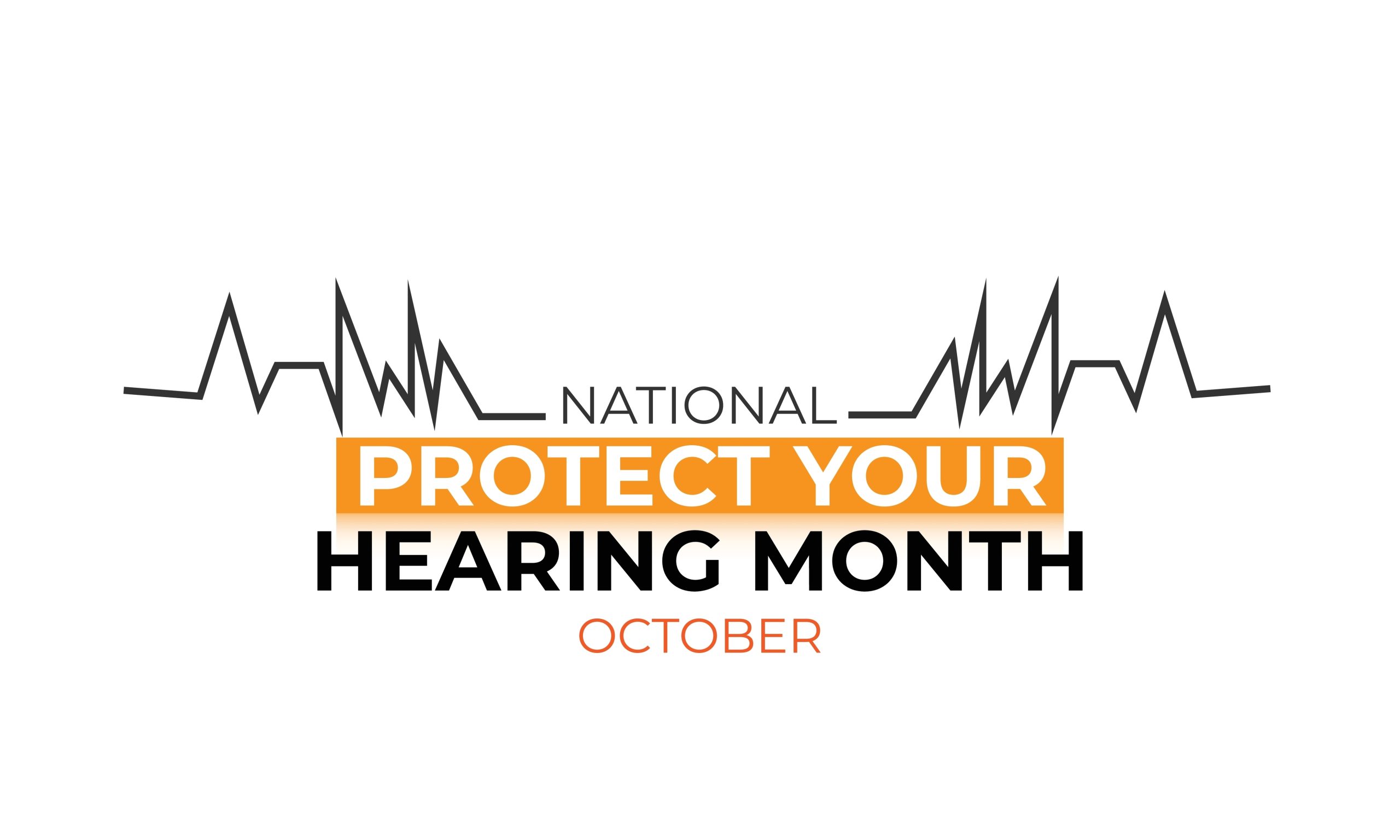
Noise is a ever-present part in our daily lives. Whether it’s gardening equipment, heavy traffic, or our own headphones, the aural world has intensified. Such loud conditions can negatively impact your hearing if you fail to be cautious. The observance of National Protect Your Hearing Month in October provides the perfect opportunity to focus on the conservation of this fundamental sense.
How to shield your hearing: 8 key methods
Luckily, a few effortless measures exist that allow you to defend your hearing from routine environmental sounds. We present eight crucial pieces of advice to keep your hearing safe.
1. Understand volume levels and their impact
The initial action for averting auditory damage is to determine when a sound level becomes hazardous. The volume of various sounds is measured in decibels (dB), and being exposed to them for too long can cause lasting hearing impairment. Consult this brief table:
- Sounds like heavy traffic or lawn mowers (85–90 dB) can be tolerated safely for a maximum of 2 hours.
- 100 dB: Motorcycles, construction machinery – Hearing damage can occur in as little as 15 minutes.
- Over 110 dB: Fireworks, gunshots, explosions – Instant damage can happen after just a few seconds.
By being proactive about how loud your surroundings are, you can effectively stay away from places that pose a threat to your auditory health.
2. Determine sound levels yourself
Want to know the actual volume of your surroundings? You can easily measure it using your smartphone. Several free sound meter apps are available, allowing you to check noise levels around you. For the most precise results, ensure you measure the sound from your usual distance to the source.
Regular use of this monitoring tool can improve your understanding of your surroundings, facilitating smarter choices about hearing protection.
3. Keep the volume down on your devices
Listening to music or podcasts at excessive volumes is one of the most common ways people impair their hearing over time. Despite their handiness, headphones and earbuds often mask certain risks. Many headphones, for instance, are capable of reaching volumes over 100 dB, which means hearing loss can occur in as little as 15 minutes.
Because they listen with earbuds at high volumes, more than a billion young people worldwide are currently facing a risk of hearing loss. You should never set the volume on your earbuds higher than 50% of the maximum capacity if you want to safeguard your ears. If you need to raise the volume higher to hear, that’s a clear indicator your hearing may already be damaged.
4. Avoid using music to drown out background noise
For those who live in loud areas or work in noisy settings, the urge to use headphones to overpower the ambient sound can be strong. It is actually harmful to increase the volume excessively just to override outside noise. Instead, consider using noise-canceling headphones, which allow you to enjoy your music or podcasts at a much lower, less hazardous volume. Should noise-canceling headphones not be an option, simple earplugs are a viable alternative.
5. Always utilize earplugs in loud settings
Earplugs are absolutely necessary for individuals often in loud settings, such as concerts, sports events, or while using heavy machinery. Since they are small, affordable, and easy to transport, earplugs offer an easy but powerful means of hearing protection.
Individuals who use earplugs often can get custom-fitted ones, which give superior protection and comfort compared to standard types. Never think twice about use earplugs when you are in a noisy location.
6. Adhere to safety guidelines at work
Crucially, if your occupation exposes you to loud machinery or equipment, you must obey the established safety guidelines for auditory protection. Be wary because some jobs may discount the risks; individuals claiming “it’s not that loud” could be suffering from major hearing loss and thus misjudging the true noise level. It is vital to protect your hearing by using the correct protective gear and abiding by the safety rules.
7. Distance yourself from loud noise
The most effective means of hearing protection can often be just creating distance from the source of the loud sound. The benefit of distance is that it lessens the sound’s intensity before it reaches your ears, thus serving to minimize the risk of harm. To illustrate, moving 20 feet back from a 110 dB sound source can lower the level to about 100 dB, which is safe for 15 minutes of exposure.
Consider fireworks as a relevant illustration. A firework exploding at 150 dB may seem far away, but if you’re near the launch site, the noise can still go beyond 120 dB, causing instant damage. By sitting 2,000 feet away (about five football fields), you can enjoy the show at a safer level below 100 dB.
8. Existing hearing loss needs to be addressed promptly
Should you already be dealing with hearing loss, it is crucial that you take action so it doesn’t progress. This kind of impairment will not disappear; it only advances. Specifically, close to 10% of adults aged 55 to 64 suffer from major hearing loss, with the rates rising considerably among older demographics.
Ignoring the early signs of hearing loss only accelerates its progression. On average, people wait 7 years too long to consult a specialist. Your ability to protect the hearing you still have is greatly enhanced the earlier you see a hearing specialist to discuss options like hearing aids.
Act now for better hearing
National Protect Your Hearing Month is an excellent reminder to prioritize your hearing health. These simple actions can have a major impact, regardless of whether you’re seeking to prevent future harm or you’ve already suffered some hearing loss.
Schedule a hearing test today and take control of your hearing health before it’s too late.